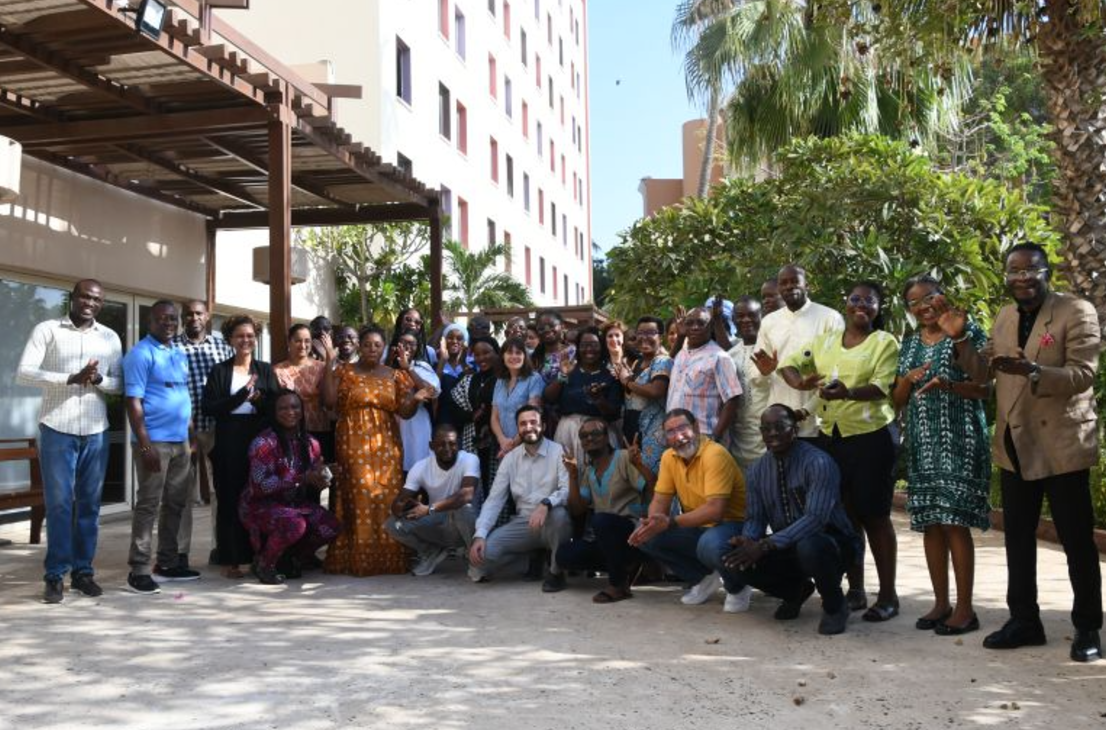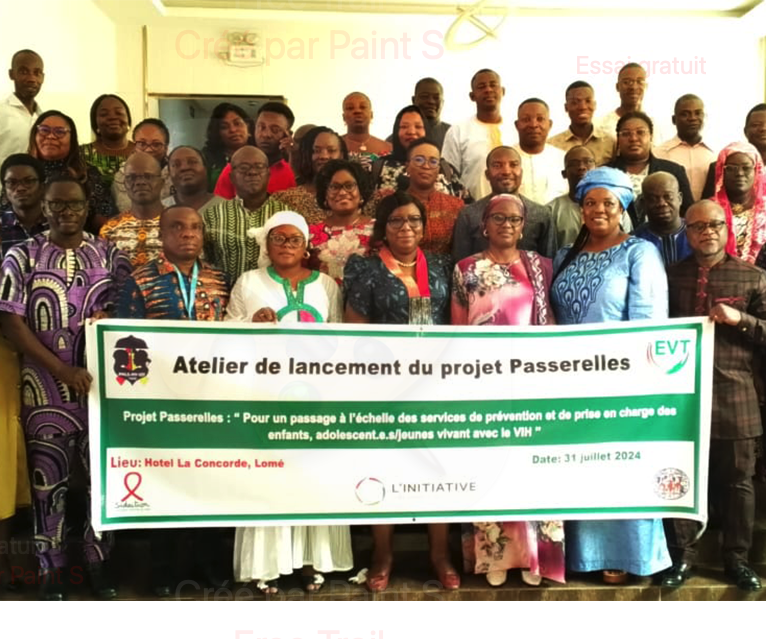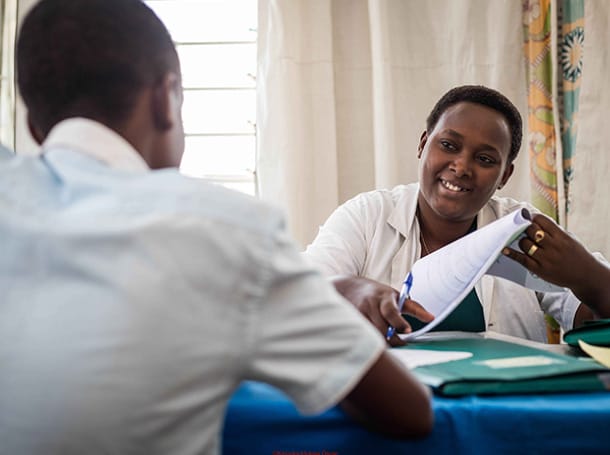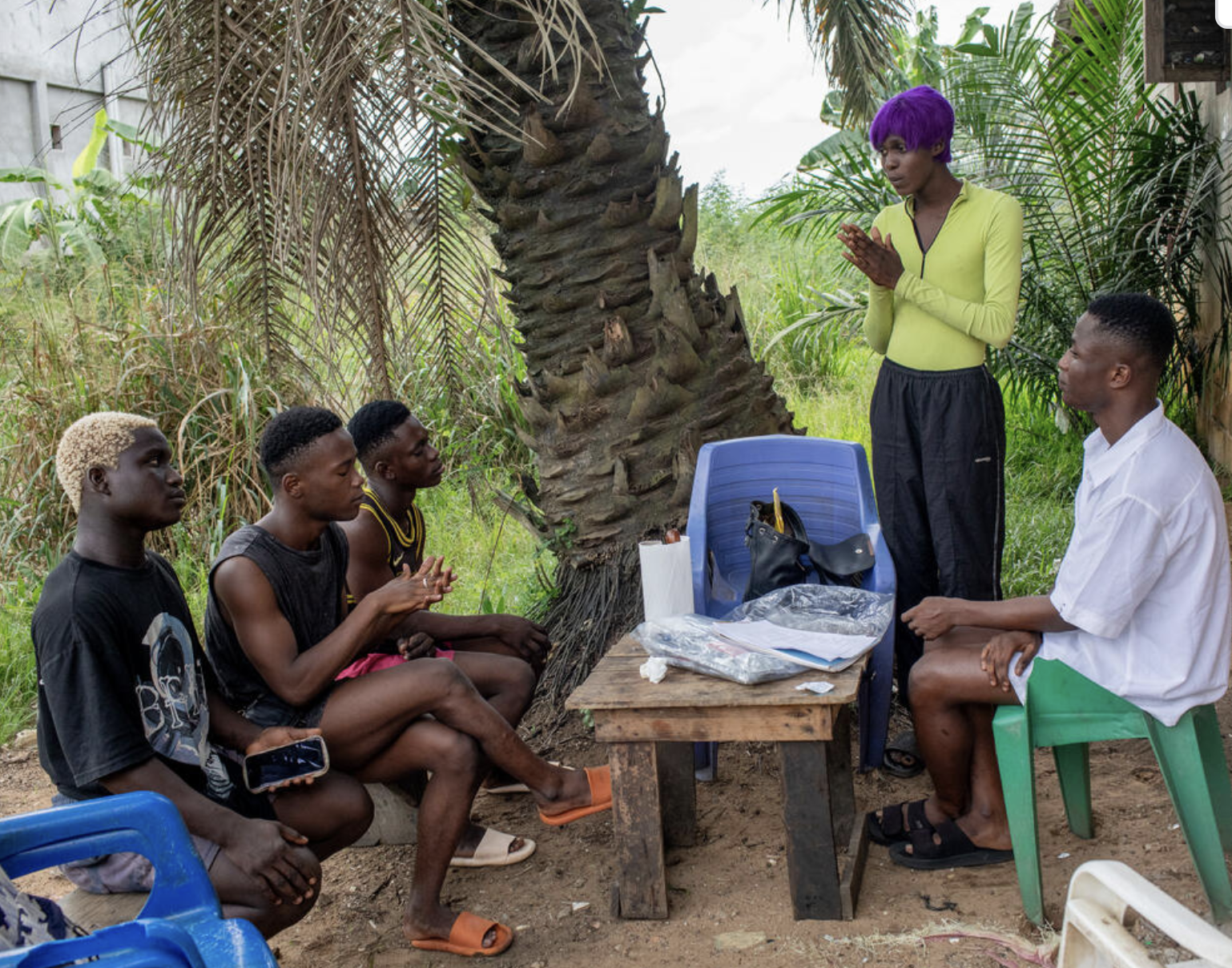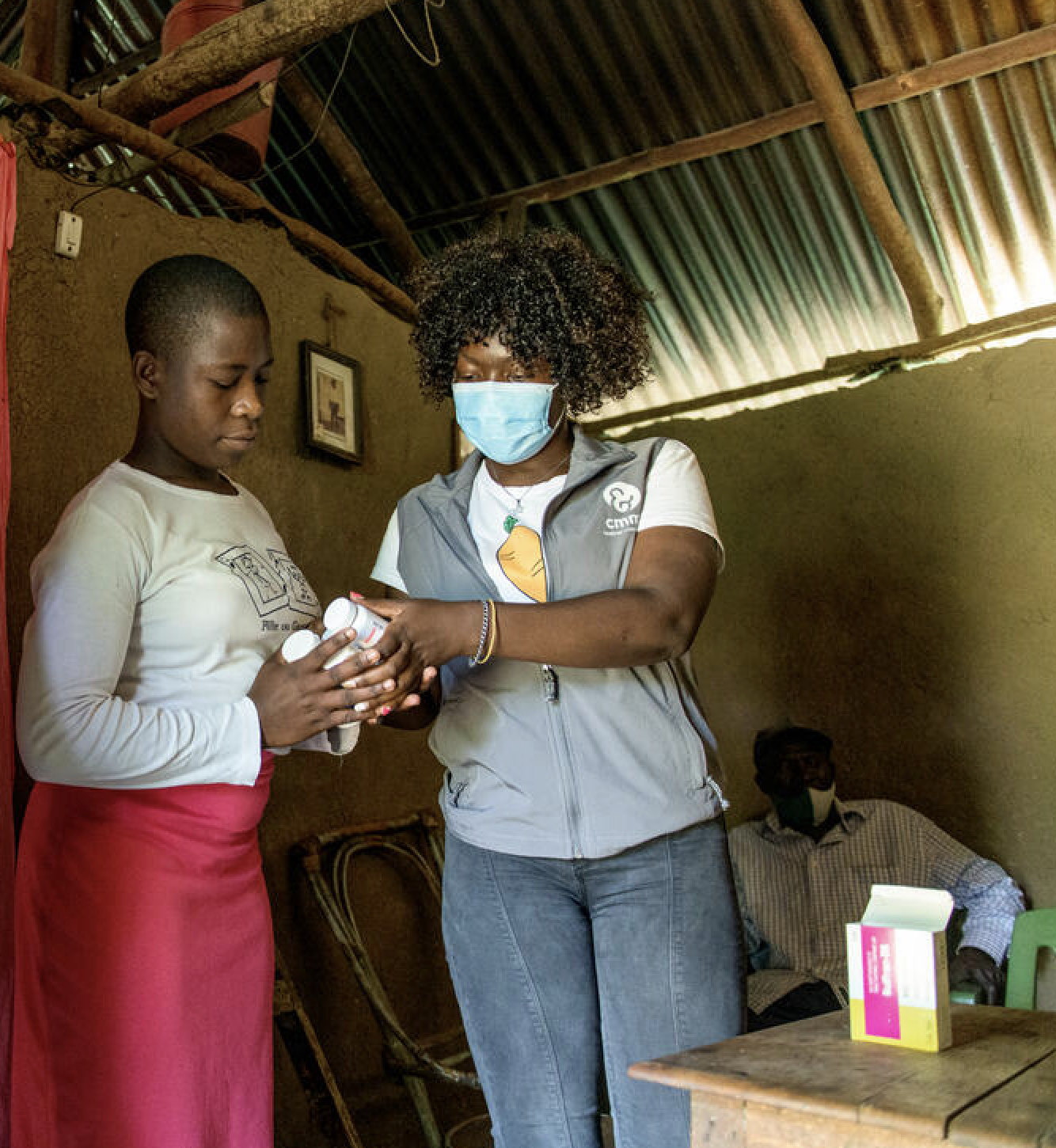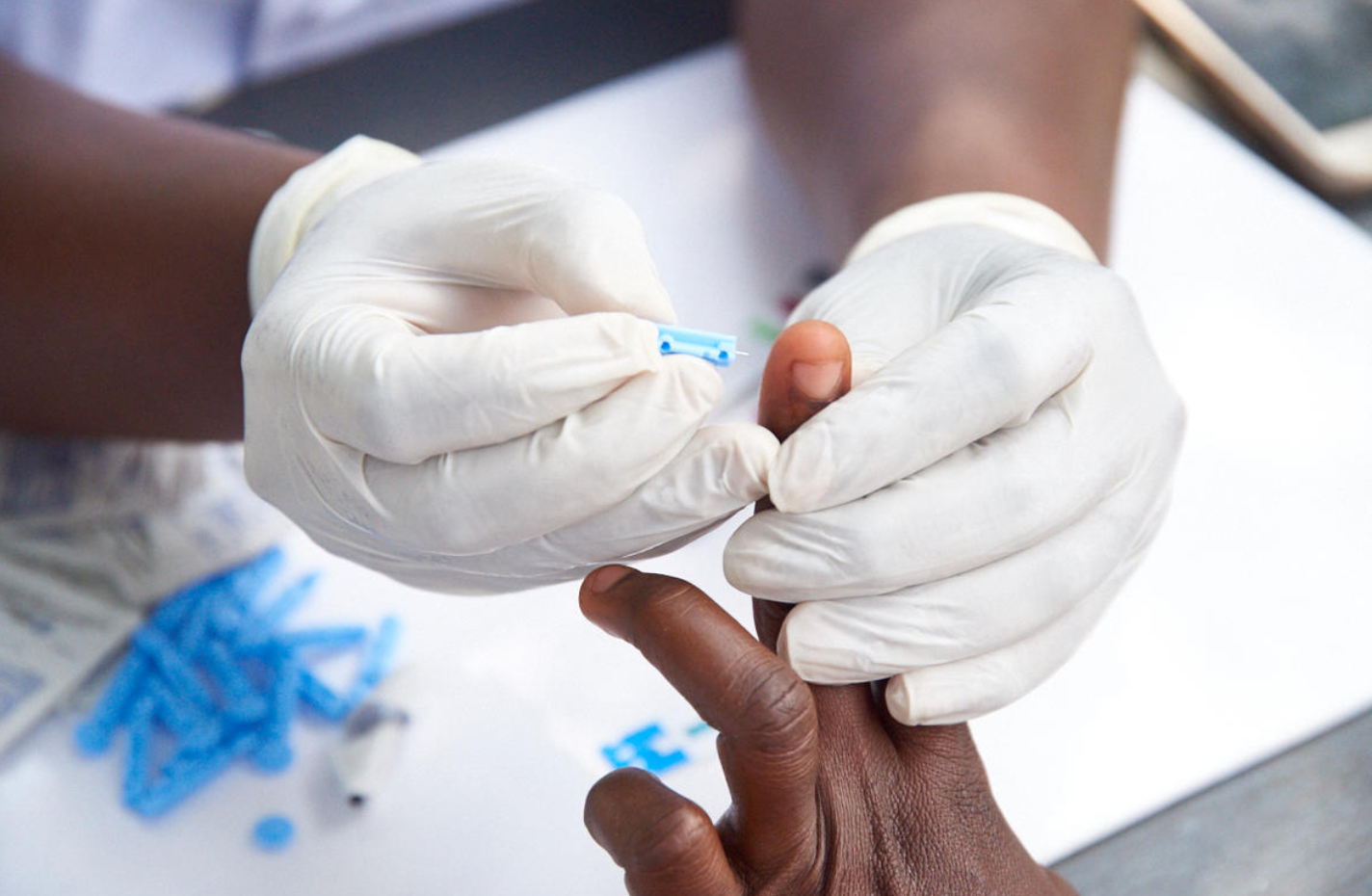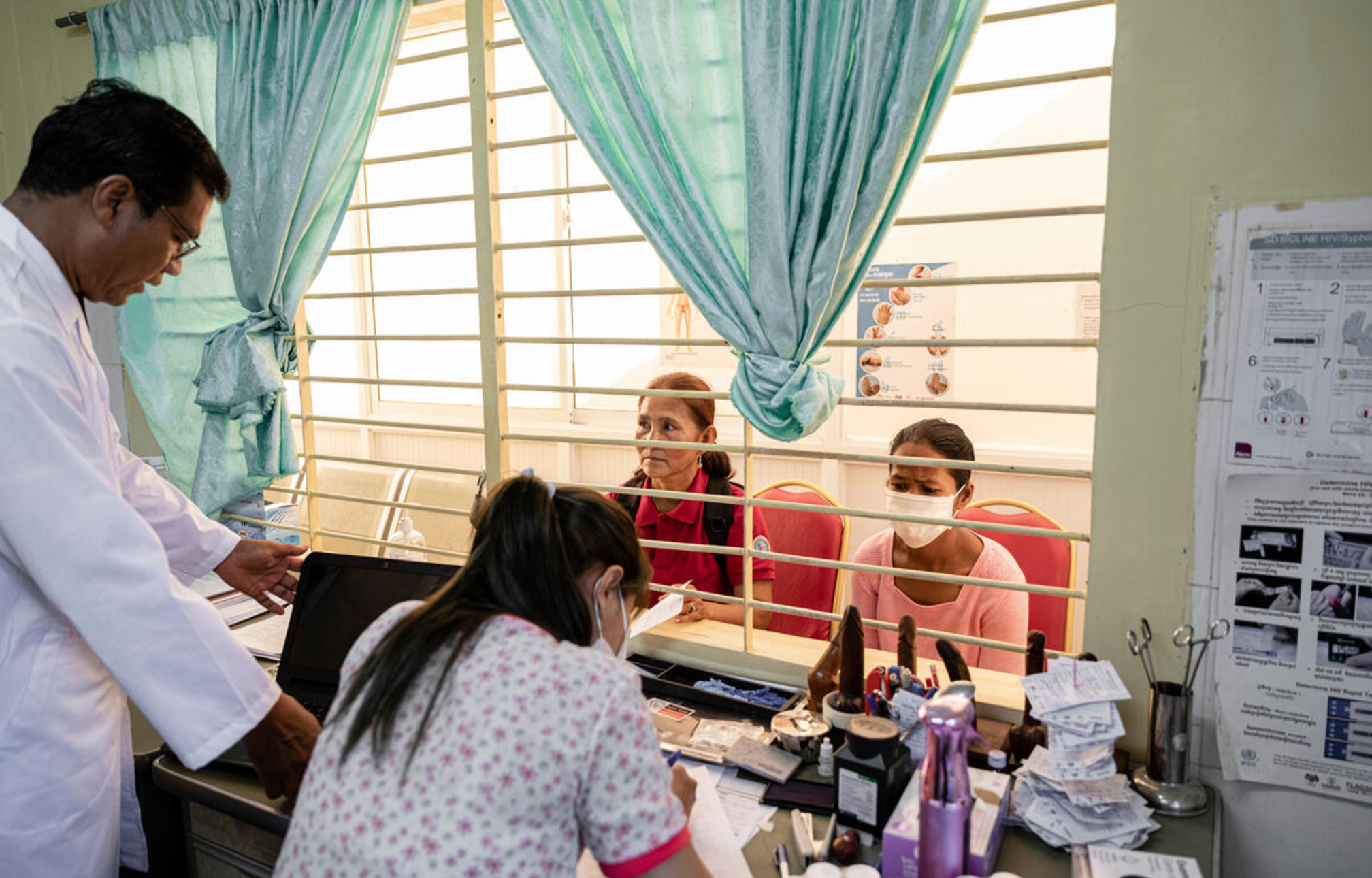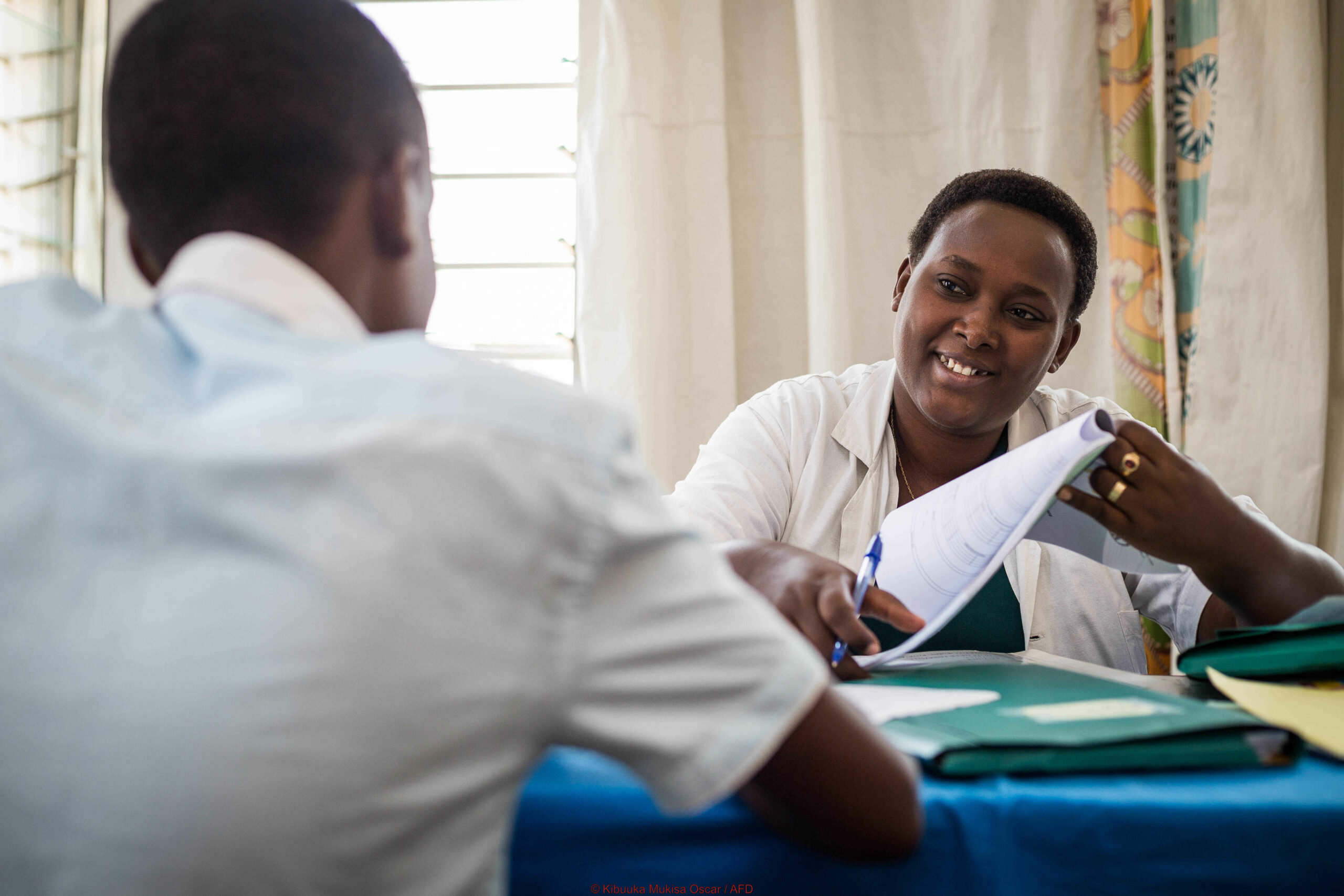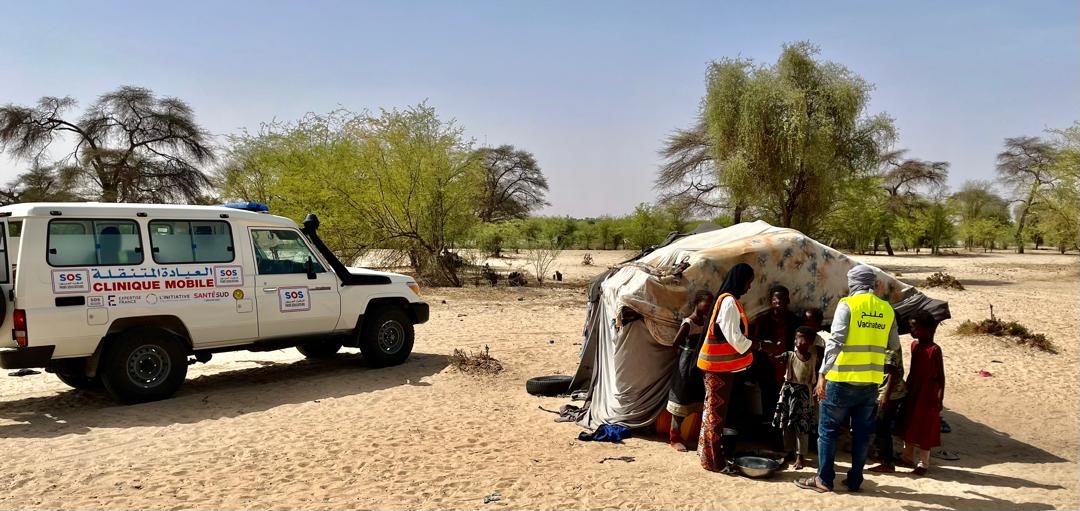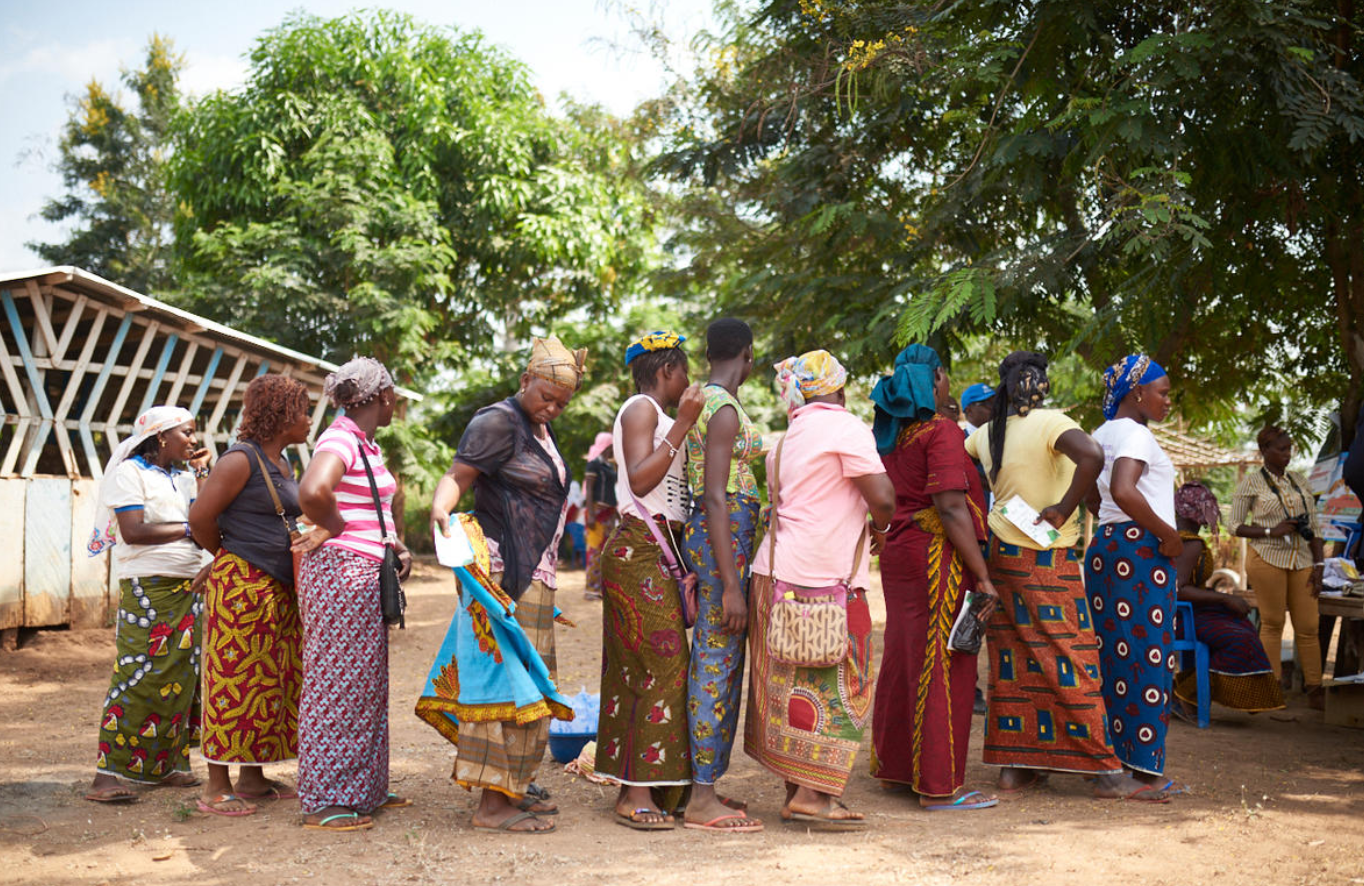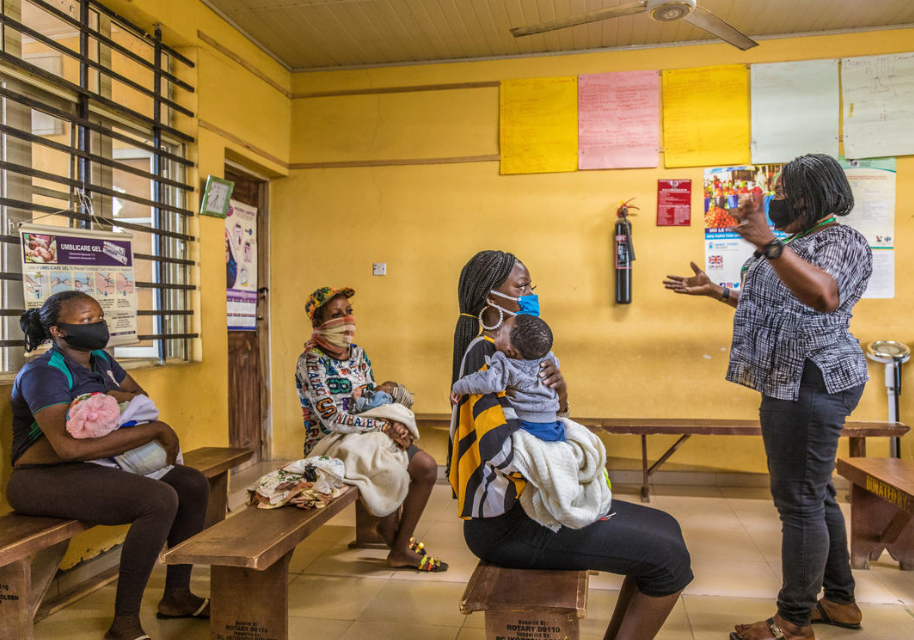On the occasion of World AIDS Day 2024, L’Initiative highlights La Fabrique des dialogues, an innovative project led by a consortium of three associations and supported for three years. Launched in Dakar in November 2024, this program aims to professionalize advocacy and strengthen the capacities of local actors. The goal of the project is to influence public health and human rights policies sustainably through training, technical support, and the creation of a community of practice.
Kayo Jodelle, representing L’Atelier des Luttes, and Soufia Bham, from Coalition PLUS and Sidaction, emphasize the importance of advocacy in the fight against pandemics like HIV. La Fabrique des dialogues, led by these organizations, aims to professionalize advocacy, particularly through the strengthening and creation of four training centers in Cameroon, Côte d’Ivoire, Mauritius, and Burundi. By strengthening the capacities of local organizations, this project seeks to bring local issues to the forefront in order to guide decision-makers towards public policies that are truly tailored to the needs of the populations.
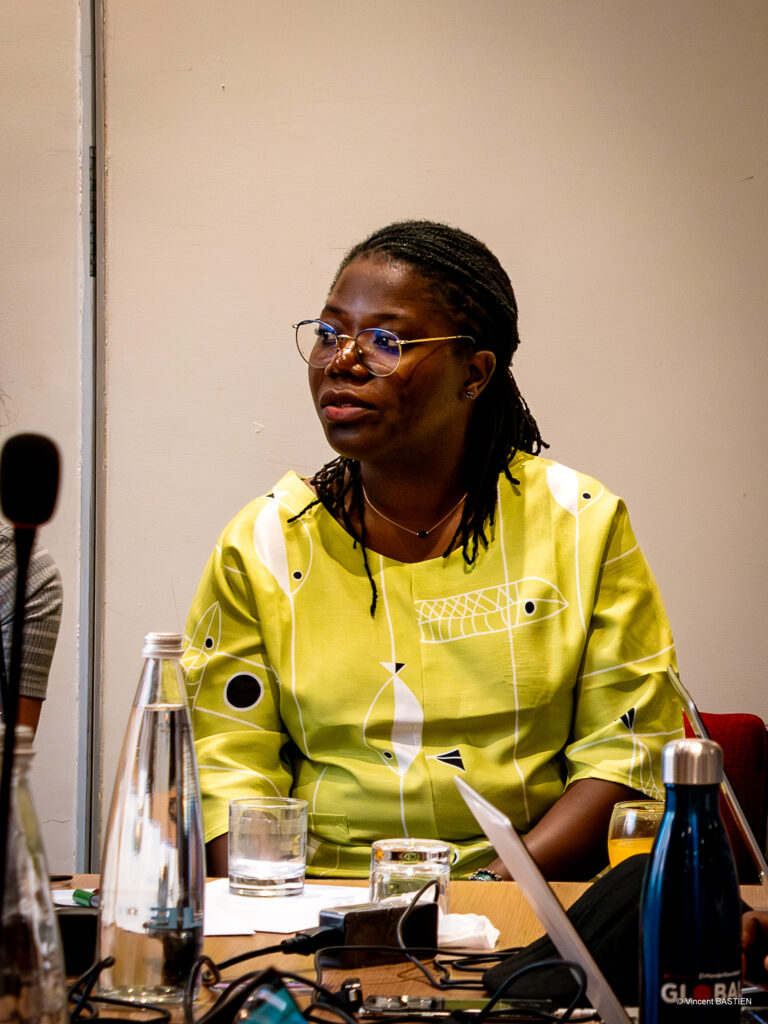
Kayo Jodelle
Head of training and certification at the collective L’Atelier des Luttes
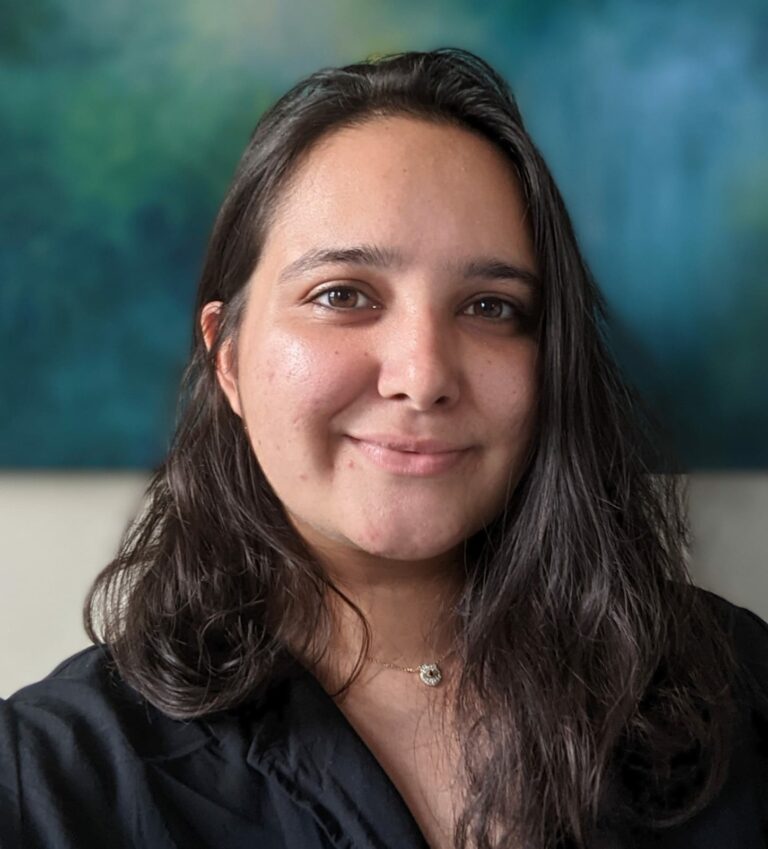
Soufia Bham
Responsible for technical advocacy support at Coalition PLUS.
What are the key challenges and goals of La Fabrique des dialogues, launched in Dakar a few weeks ago?
Soufia Bham: The goal of La Fabrique des dialogues is to build on local realities to sustainably influence health policies and adapt them to the contexts of each country. The aim is to structure the voice of the populations and strengthen civil society advocacy. Specifically, there are three main objectives: first, to create local advocacy centers to train advocates rooted in their regional realities. Second, to provide technical and financial support to associations so that they can have a tangible impact. Finally, the project seeks to build a community of practice that connects activists at both regional and international levels. The aim is to break the isolation of advocates, allowing them to exchange experiences and challenges, and to create synergies around issues such as HIV, malaria, tuberculosis, gender, and human rights.
Kayo Jodelle: The project is also based on a proximity approach. Too often, training is provided by external facilitators who do not always understand local specifics, which does not lead to sustainable changes in health systems. This is what we aim to change by training experts from the communities directly affected. Once certified, these experts will become trainers and leaders in their fields. This strengthens the sustainability of advocacy efforts and allows us to address the social, cultural, and political challenges specific to Francophone Africa.
In what context and why was this project launched?
Kayo Jodelle: La Fabrique des dialogues has its roots in the history of L’Atelier des Luttes and Positive-Generation. Our organization was born in Cameroon, in a context where access to medication for people living with HIV was extremely limited. Thanks to our efforts, we were able to secure from the Cameroonian government a reduction in the costs of medical care, and even full coverage for certain tests and treatments. This victory was a valuable lesson: advocacy can truly lead to major progress. In 2011, we began to envision a structure to train others to carry forward their own struggles. We created a training center that continues to grow, but we wanted to go further by spreading these techniques to other organizations and sending mentors to strengthen their capacities by providing technical support. After several years of development, the project came to life in partnership with Coalition PLUS and Sidaction.
Soufia Bham: Coalition PLUS and Sidaction joined this project about a year ago because it aligns with our goals of ensuring the sustainability and professionalization of advocacy. This project is a great opportunity to diversify the technical and financial support offered by our two networks and to combine our respective expertise. La Fabrique des dialogues marks a key milestone in providing local advocates with the necessary tools to make a lasting impact on public policies.
A launch workshop was recently held. What did you take away from it?
Kayo Jodelle: The launch workshop, which took place in Dakar from November 11 to 15 and brought together the various partners, allowed us to exchange ideas and refine our action plans. It was an opportunity for L’Atelier des Luttes to present the training catalog developed and receive feedback from the participants. It was also a chance to meet in person and strengthen collaboration among the teams.
Soufia Bham: The launch workshop also highlighted important issues, such as the security of advocates, which has become a major concern in some countries. Finally, this moment of sharing raised awareness about the project among other stakeholders, both current and potential partners. It was not only about coordinating our efforts, but also about laying the groundwork for long-term collaborative work.
How does L’Initiative’s support unfold concretely within the framework of the La Fabrique des dialogues project?
Soufia Bham: L’Initiative’s support goes far beyond the financial aspect. It is based on genuine dialogue, with L’Initiative demonstrating flexibility by adapting its approach to the realities on the ground. With this multidimensional support, it not only strengthens advocacy efforts but also addresses local public health challenges by providing relevant and tailored solutions to communities.
Kayo Jodelle: In addition to its financial support, L’Initiative also helps strengthen organizational capacities. It provides valuable technical assistance that enables local organizations to better structure themselves and organize effectively in order to successfully implement their projects and advocacy efforts.
What are the next steps and expected impacts?
Soufia Bham: The next major step is the launch of a call for expressions of interest early next year. This will allow associations and activists to request specific technical or financial support for their advocacy actions. At the same time, we are working on the creation of a digital platform to facilitate exchanges among members of the community of practice. This will enhance the visibility of ongoing actions and encourage the sharing of experiences.
Kayo Jodelle: On our side, L’Atelier des Luttes will establish training centers in four countries: Burundi, Cameroon, Côte d’Ivoire, and Mauritius. These centers will offer modules tailored to the specific contexts of each country, and we will ensure that we train not only advocates but also trainers. The goal is to create an autonomous and sustainable dynamic. If, after three years, we have certified advocacy experts who are capable of training others, then we will have achieved our objective.
